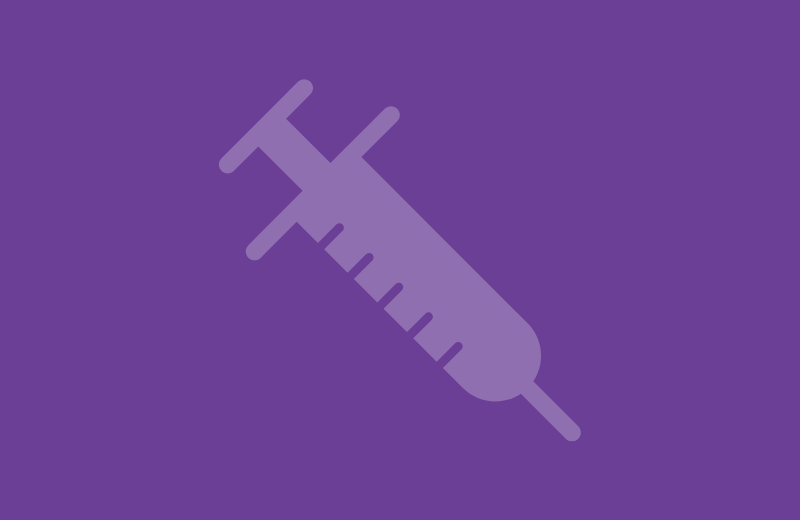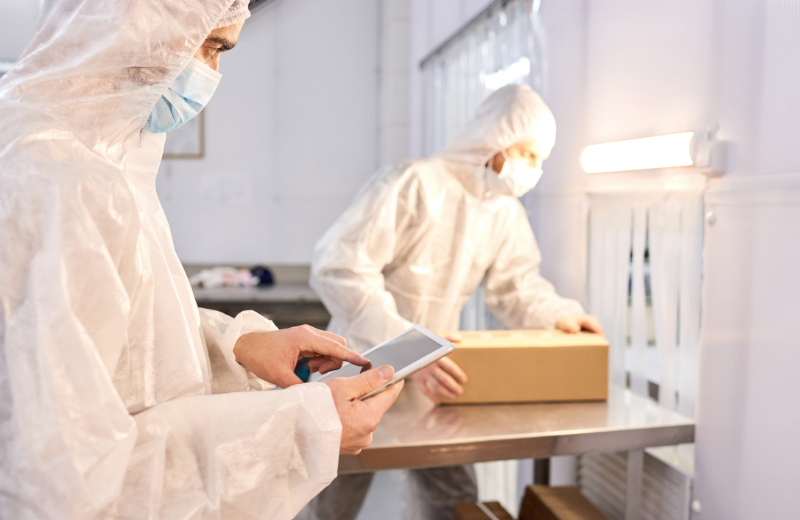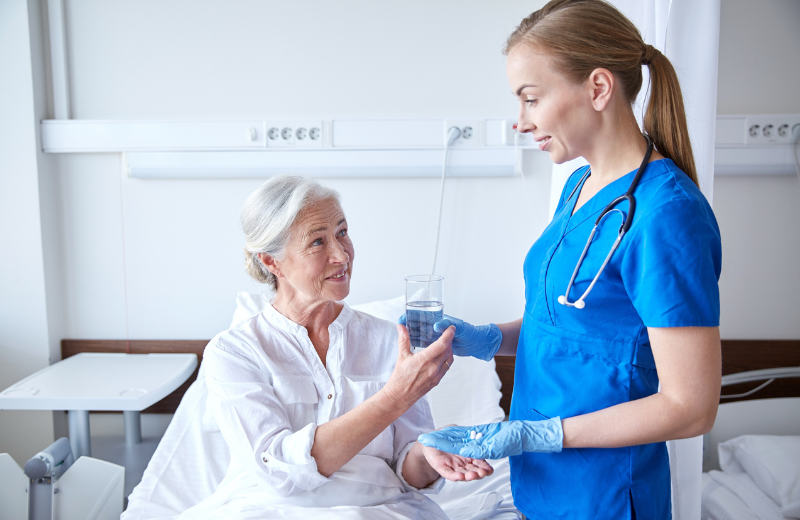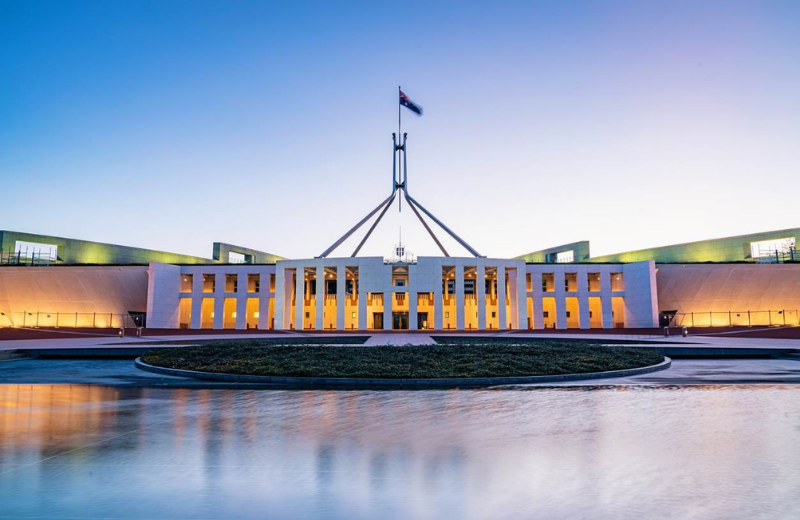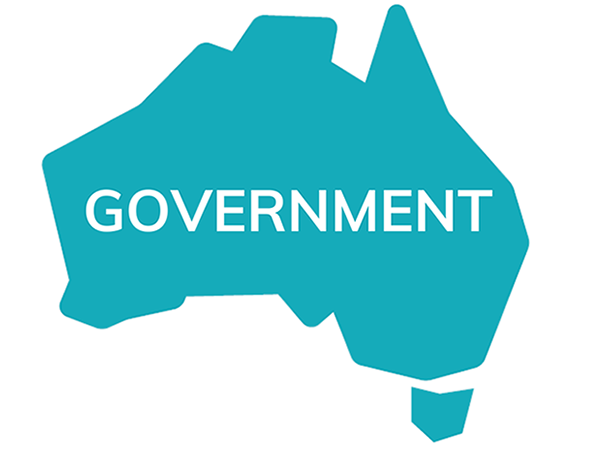Medicines Australia appoints two new Board Directors: Anne Harris, Pfizer and Shannon Sullivan, Amgen
24 November 2020: Medicines Australia is extremely pleased to announce the appointment of Anne Harris, Managing Director, Pfizer Australia and New Zealand and Shannon Sullivan, Vice President & Managing Director, Amgen Australia and New Zealand to the Medicines Australia Board.
These two new Board appointments follow a formal election process for positions previously held by Bruce Goodwin, Janssen and Melissa McGregor now in an international role with Pfizer. Bruce Goodwin will be continuing as a Selected Director on the Medicines Australia Board following today’s annual general meeting.
Welcoming Ms Harris and Ms Sullivan to the Board, Medicines Australia Chair, Dr Anna Lavelle acknowledged the significant breadth of experience and knowledge these senior leaders bring to Medicines Australia.
“This is a pivotal time for industry and requires significant strength and determination to set a clear path through the recovery of the pandemic and firmly into the future,” states Dr Lavelle. “We have outstanding knowledge and capabilities within our leadership team and now introducing the considerable leadership expertise and strategic insights from Anne and Shannon will strengthen us even further.”
“It is a great pleasure to be welcoming such exemplary and capable leaders to the Medicines Australia Board,” adds Medicines Australia CEO, Ms Elizabeth de Somer. “2021 will likely be another year of significant shifts and disruptions in our community and economy. Having such expertise on our team will place us in the firmest possible position to ensure we maximise the transformation of the innovative medicines underway – ensuring Australians who need them receive them in a timely manner.”
Anne Harris was appointed Managing Director Pfizer Australia and New Zealand in March 2020 and brings over 25 years of industry experience across strategic and operational commercial roles in Europe, Canada, and Emerging Markets.
Her most recent experience leading Pfizer’s Vaccines Business Unit for Developed Asia introduces important policy and thought leadership in vaccines access for Australians – which will be a critical focus for COVID-19 in 2021 and beyond.
Ms Harris also brings extensive experience leading major regional roles in smoking cessation and multi-channel marketing across the Asia Pacific region. Her breadth of international experience will provide clear insight into a wide range of models for access to medicines and vaccines.
“I am humbled to be elected to the Medicines Australia Board and to be granted the important responsibility of contributing to the future direction of our industry. I would like to acknowledge all the candidates in the Board election for their dedication to continually improve patient access to breakthrough medicines and vaccines,” Ms Harris said.
“It is an honour to be joining the Board at this critical time, with our industry leading the recovery of the COVID-19 pandemic which is so important for the health of the population and the economy. I am committed to the enduring strength of our medicines industry, and to help the Board deliver on its broader goals of reforming health policy to improve medicines and vaccine access for all Australians,” she said.
Shannon Sullivan was appointed Vice President & Managing Director, Amgen Australia and New Zealand in July 2020. Ms Sullivan is an accomplished healthcare executive with over 20 years of leadership experience in sales, marketing, market access, healthcare compliance, and commercial operations.
For the past decade she has held high level executive roles in the US gaining unique experience in translating strategy into actionable execution as well as delivering on outcomes and results. She is uniquely skilled at developing matrixed teams that transform outcomes based on evolving external environments and business needs.
“I am thrilled to be appointed to the Medicines Australia Board and would like to thank my peers for their support and belief in my commitment to contribute to the important work of our industry. I look forward to representing Amgen and our industry and to working hard to deliver change that will improve the lives of Australian patients,” said Ms Sullivan.
“Reinforcing our contribution in critical priority areas including the Continuity of Care Collaboration is something that must remain a priority. I will actively support and ensure we have a broad and constructive contribution to the patient community together with a broader group of stakeholders,” she adds.
Chair, Dr Anna Lavelle formally thanked both Bruce Goodwin and Melissa McGregor for their significant contributions to the Medicines Australia Board and the industry.
“Both Bruce and Melissa have been very active contributors to Medicines Australia and our vision for industry. Their commitment and determination have been outstanding. We are of course thrilled to have Bruce returning in his new capacity. We also thank Melissa for her incredible involvement and wish her great success in her new international role.”
For further information please contact Jamie Snashall on 0407 438 746 or Anne-Marie Sparrow on 0417 421 560.

